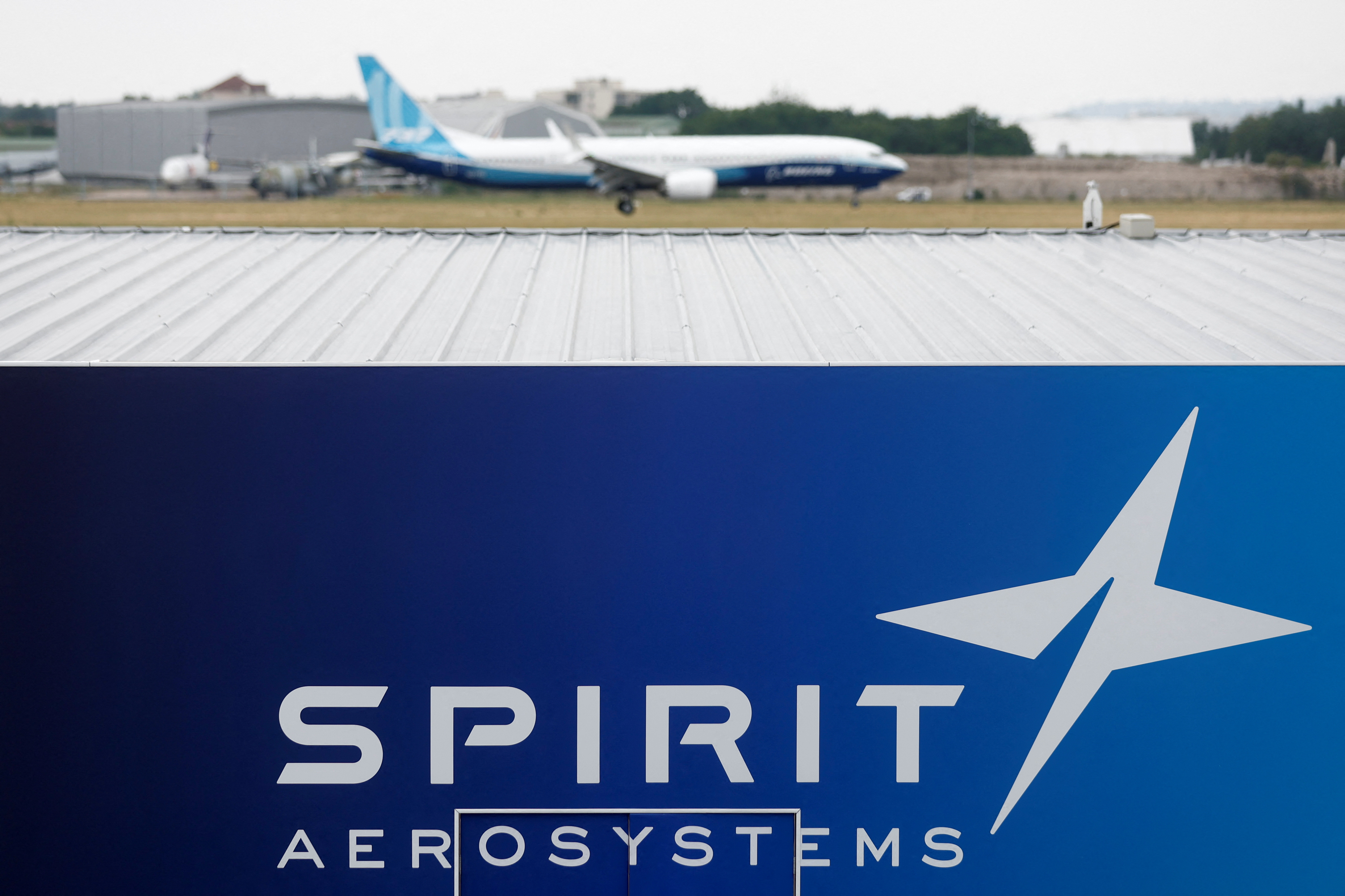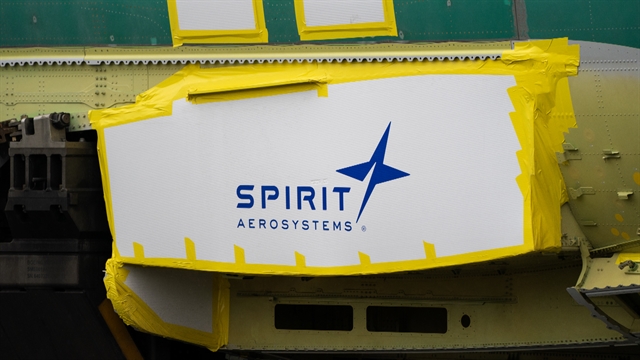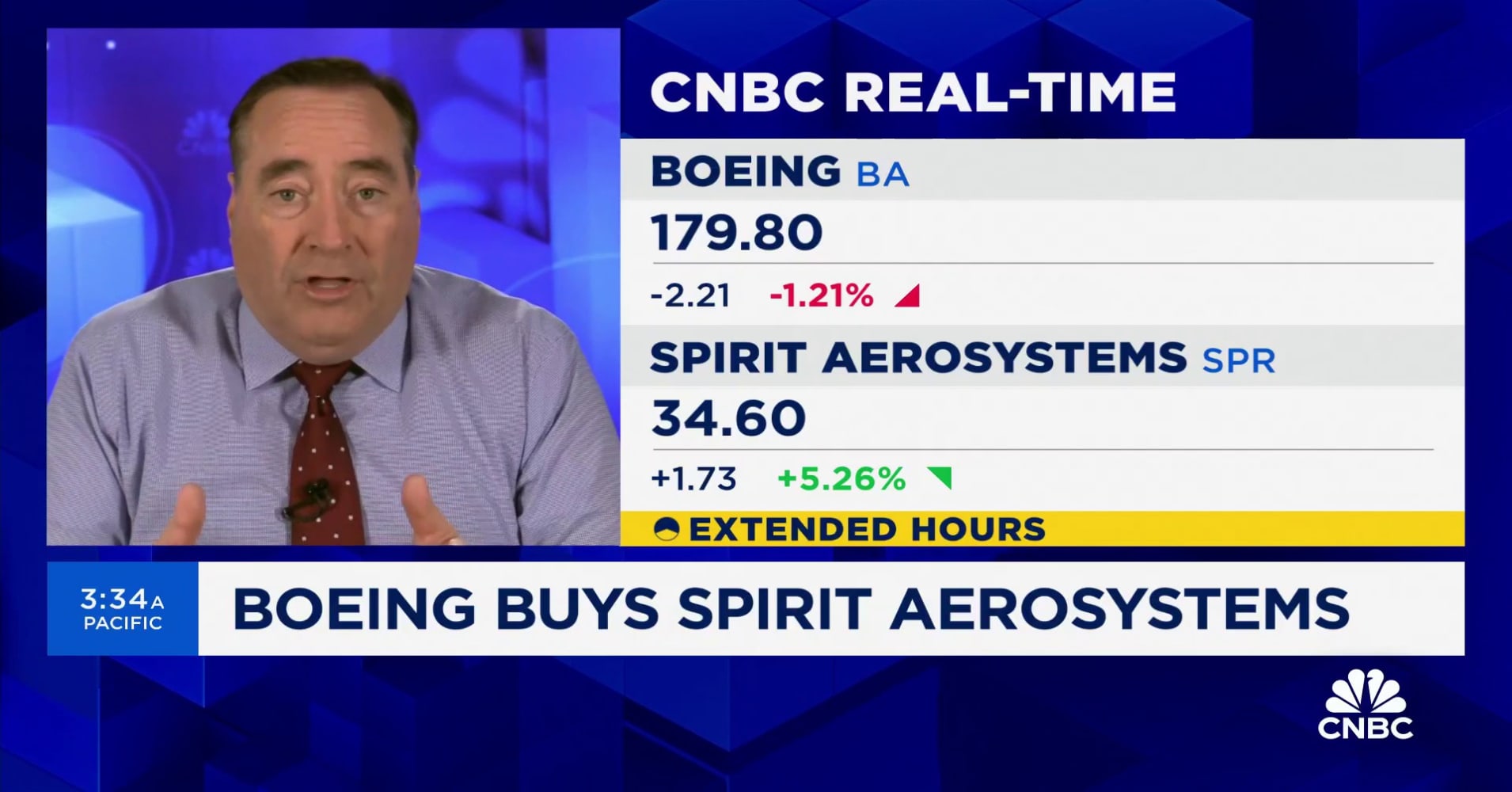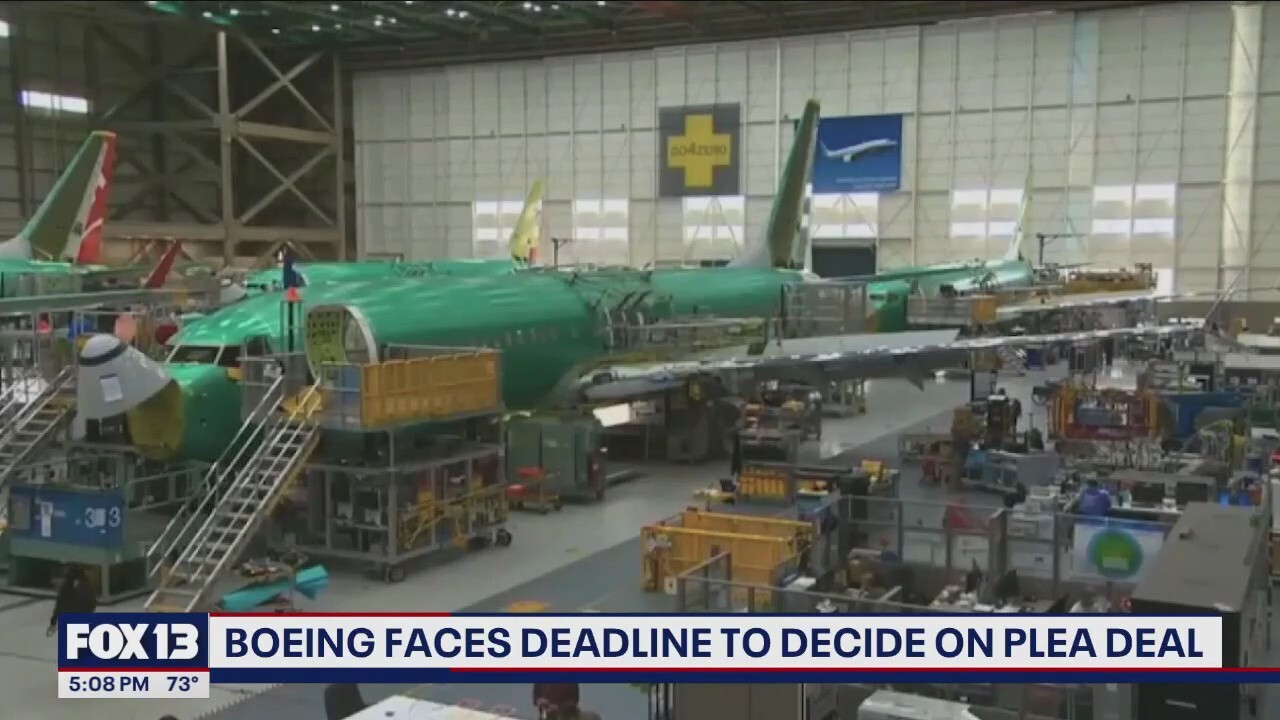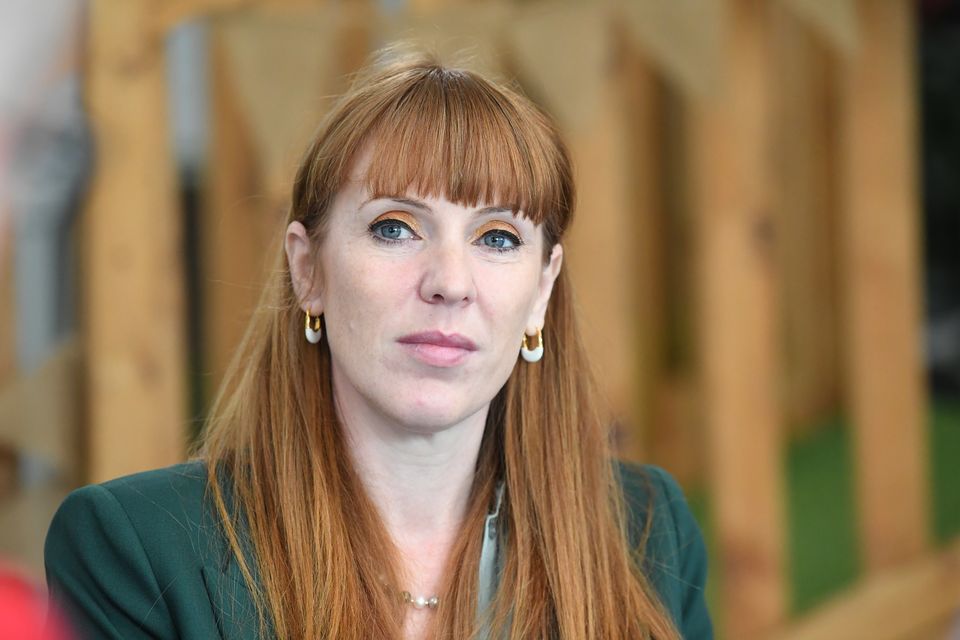Tue, 2 July 2024

Edinburgh faces a repeat of the 2022 bin strike unless workers receive an improved pay offer, a union has warned.
The capital is one of 13 councils in Scotland where waste and recycling workers affiliated with the GMB union have voted in favour of industrial action.
GMB Scotland said no meaningful talks with the Convention of Scottish Local Authorities (Cosla) had taken place since May, when the latest pay offer was rejected.
It said Cosla was “counting down the clock” on pay talks, and accused it of “blocking” Scottish Government intervention in the dispute.
It called on the body to return to the table with an improved offer, warning that a failure to do so could result in bins overflowing in Edinburgh at a time when tourists are flocking to the city for the annual Festival Fringe.
Keir Greenaway, GMB Scotland senior organiser for public services, said: “Year after year, these talks have been needlessly drawn out. That leaves our members – typically the lowest paid working on the frontline of our services – without the pay rise they need. Inflation may be stabilising, but can anyone say they feel the difference?
“Council leaders refuse to have meaningful talks – all while blocking the Scottish Government’s intervention to deliver a pay offer that matches our members’ value. They are counting down the clock while our members go without.
“We hear time and time again that Scotland does public services better, but that’s not the case when the Conservatives down south have already beaten Cosla’s offer. If Cosla can’t do better, it’s time for them to bring the Scottish Government to the table to fund an improved offer.
“If not, then it’s likely that the same disruption during 2022’s Edinburgh Fringe Festival will happen again this year. Hundreds of millions are poured into the city during the Fringe, but political leaders claim they can’t find enough money to value frontline service workers.
“Council leaders have wasted months and they’ve wasted opportunities. Our members have no time for waste which is why rubbish will pile up in councils across Scotland if a suitable offer isn’t received. We have no interest in political games when so many are struggling.”
GMB Scotland said it had also received mandates for strike action from waste services workers in Aberdeen, Fife, North Lanarkshire, South Lanarkshire, Aberdeenshire, East Ayrshire, East Dunbartonshire, Inverclyde, Midlothian, Orkney Islands, Perth and Kinross, and Stirling.
A Scottish Government spokesperson said: “Local government pay negotiations are a matter for local authorities as employers and unions – the Scottish Government has no formal role.
“The Scottish Government urges all parties involved to work together constructively and reach an agreement which is fair for the workforce and affordable for employers.”
Cosla has been contacted for comment.
The union claims a repeat of strike action during the Fringe is 'likely again' this year.
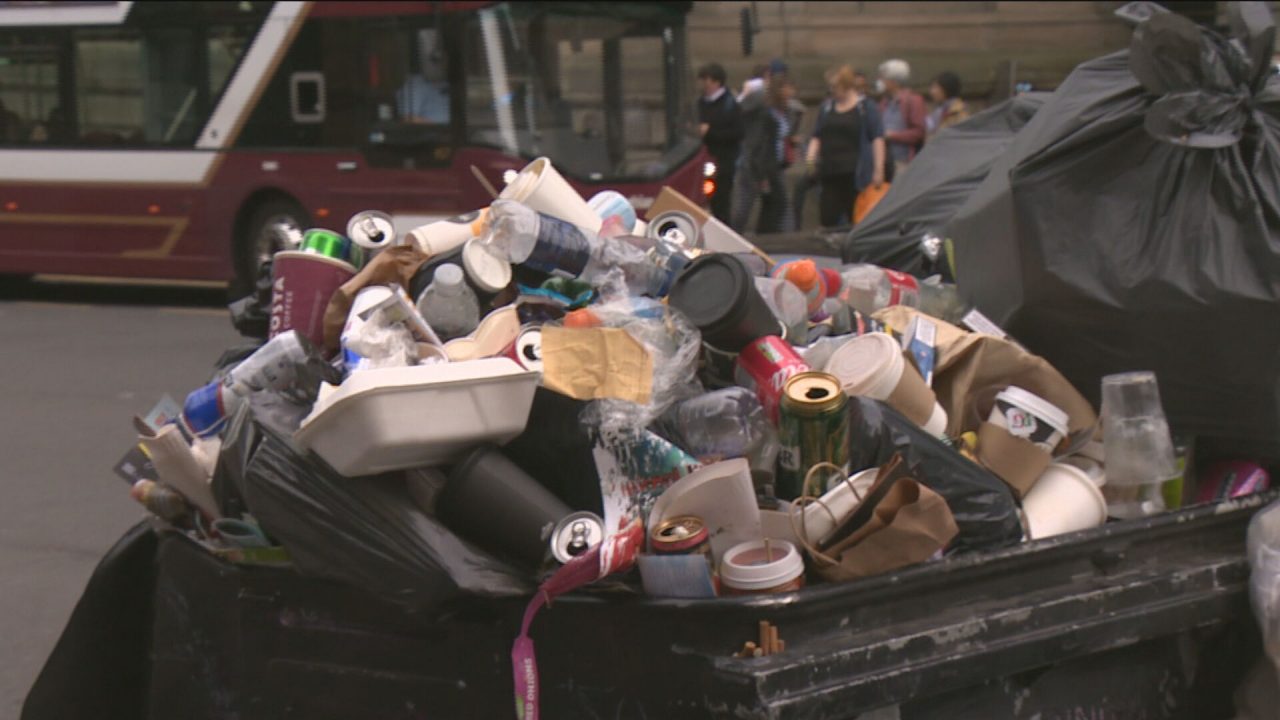
A union has warned of a repeat of bins overflowing with rubbish at the Edinburgh Fringe festival this year after refuse workers secured a mandate for summer strike action.
GMB Scotland said its members in waste services in 13 councils have achieved a mandate for strike action in their dispute over pay with COSLA (Convention of Scottish Local Authorities).
Edinburgh, Aberdeen, Fife, North Lanarkshire, South Lanarkshire, Aberdeenshire, East Ayrshire, East Dunbartonshire, Inverclyde, Midlothian, Orkney Islands, Perth and Kinross, and Stirling are all affected.
The union claims a repeat of strike action during the Fringe is “likely again” this year.
The last bin strike in 2022 saw rubbish pile high in the streets of towns and cities across the country following a dispute with refuse workers belonging to the Unison, Unite and GMB trade unions.
GMB said COSLA’s two part offer that would see workers receive a 2.2% increase for the first six months and an extra 2% for the next 12 months “falls short”.
Unison, Scotland’s largest local government union, also confirmed that thousands of waste and recycling workers will consider action in their dispute over pay.
Earlier this year, 91% of workers consulted voted to reject the offer.
Cleansing workers will stage a mass walkout in August if the action goes ahead.
Keir Greenaway, GMB Scotland senior organiser for public services, said: “Year after year, these talks have been needlessly drawn out.
“That leaves our members – typically the lowest paid working on the frontline of our services – without the pay rise they need.
“Inflation may be stabilising, but can anyone say they feel the difference?
“Council Leaders refuse to have meaningful talks – all while blocking the Scottish Government’s intervention to deliver a pay offer that matches our members’ value.
“They are counting down the clock while our members go without.
“We hear time and time again that Scotland does public services better, but that’s not the case when the Conservatives down south have already beaten COSLA’s offer.
“If COSLA can’t do better, it’s time for them to bring the Scottish Government to the table to fund an improved offer.
“If not, then it’s likely that the same disruption during 2022’s Edinburgh Fringe Festival will happen again this year.
“Hundreds of millions are poured into the city during the Fringe, but political leaders claim they can’t find enough money to value frontline service workers.
“Council Leaders have wasted months and they’ve wasted opportunities.
“Our members have no time for waste which is why rubbish will pile up in councils across Scotland if a suitable offer isn’t received.
“We have no interest in political games when so many are struggling.”
COSLA and the Scottish Government have been contacted for comment.
